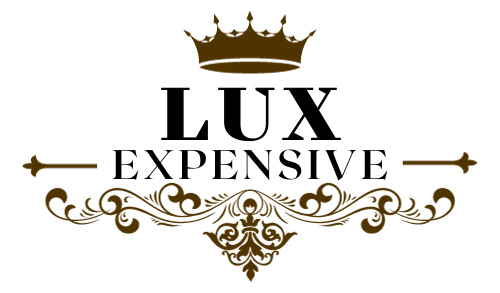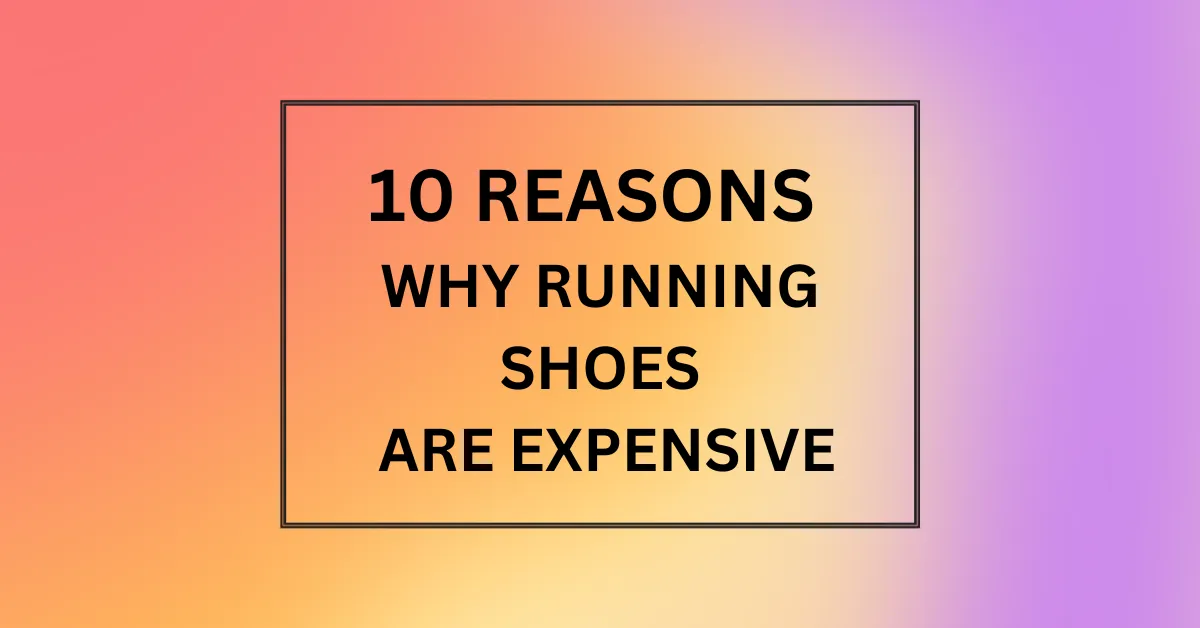Running shoes are expensive because of the high costs of research and development, advanced materials, labor, marketing, patents, custom manufacturing, and retailer margins. Consumers also perceive pricier shoes as higher quality, allowing brands to charge premiums. Ultimately companies can demand high prices as long as runners see value in performance, comfort and injury prevention.
Running shoes these days come with a hefty price tag. While basic models may start around $60, most performance shoes from major brands cost $100-150 or more. The elite racers can be well over $200!
Why the big difference compared to regular sneakers or casual shoes? There are several reasons running shoes command such high prices.
Top 10 Reasons Why Running Shoes Are So Expensive
1. Research and Development Costs
Creating a new running shoe takes years of research and development by teams of engineers, designers, and scientists.
Companies invest millions into understanding biomechanics, materials science, and human performance to create shoes that meet runners’ needs. All this R&D has to be paid for somehow, and consumers foot the bill.
2. High-Tech Materials
Today’s running shoes incorporate cutting edge materials like aerospace-grade composites, proprietary foams, and woven fabrics. These high-tech materials ensure maximum energy return, stability, and durability.
However, they cost more to manufacture compared to basic materials like rubber and EVA foam.
3. Labor Costs
Most major running shoe companies contract factories in Asia to assemble their shoes. However, labor costs have risen significantly in countries like China and Vietnam.
In addition, brands face pressures to improve factory working conditions and wages. These factors drive up human labor costs.
4. Celebrity Endorsements & Marketing
Big name professional athletes and celebrities can make millions endorsing running shoe brands.
Nike spends over $3 billion a year on marketing to maintain its dominance. All these advertising and promotion costs ultimately get passed on to the consumer.
5. Patent Protections
Shoe brands patent innovative material technologies and designs, preventing others from copying their work. This gives companies pricing power to charge premiums for their proprietary advancements. Once patents expire, prices start to fall.
6. Demand for Features
Runners today demand shoes tailored specifically for their foot type, speed, training routine and more. Additional features like a wider toe box, molded heel counter, moisture-wicking interior or reflectivity add to production expenses.
7. Reduced Competition
The running shoe industry has become increasingly consolidated, with 3 companies controlling over 60% of the market. Lack of competition enables the major players like Nike and Adidas to keep prices high. Smaller brands just can’t achieve the same economies of scale.
8. Retailer Margins
Retailers have to make their cut too. Most running specialty stores aim for a 100% markup, so they double the manufacturer’s wholesale price. This practice keeps the stores in business but chips away at affordability.
9. Customized Production
Shoe companies have to account for distributing footwear across hundreds of sizes and widths. Producing such a high volume of SKUs in lean, customized batches is not cheap. Every size requires its own set of molds.
10. Perceived Value
Perhaps most importantly, running shoe prices remain high because enough people continue paying top dollar for the perceived benefits and status. Consumers believe pricier shoes equate to higher quality and superior performance. This allows brands to maintain premium price points.
Is Running a Good Shoe Brand?
Running is one of the most popular and well-respected shoe brands for runners, known for innovative cushioning and stability technologies that provide both comfort and support during training and racing.
Are Running Shoes Good?
Are Running Shoes Good?
Yes, running shoes are an essential investment for runners to help absorb impact, reduce injury risk, stabilize the foot, and provide energy return. Major brands design running shoes specifically to meet biomechanical needs for different foot types.
Are Running Shoes Worth the Price?
For serious runners, running shoes are worth the price due to the proven benefits for injury prevention, performance, and running economy. The right shoes help optimize form, reduce fatigue, and protect the body from the pounding of daily mileage.
Where to Buy Running Shoes?
The best places to buy running shoes are specialty running stores where you can get a full gait analysis. Online retailers also offer broad selection and competitive pricing, but lack personalized fitting. Mainstream sports stores have limited options.

